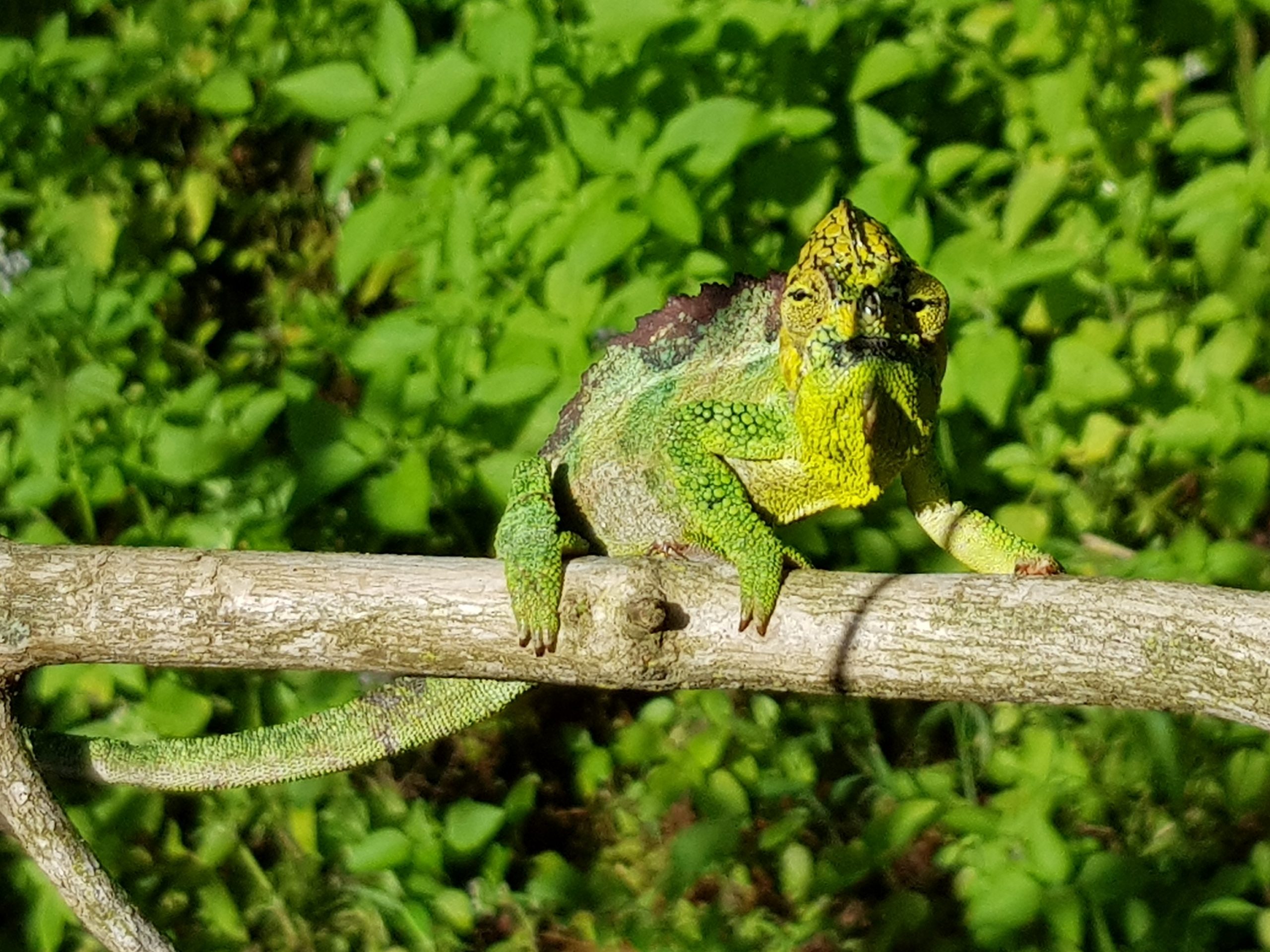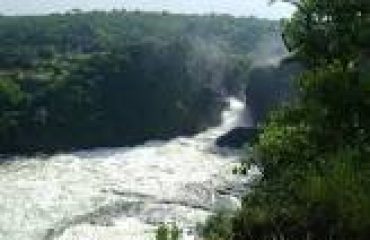Uganda is a landlocked country in East Africa, full of mountains, rivers, lakes and forests, all drenched in abundant rainfall.
In his book, My African Journey, Winston Churchill famously described the forests of Uganda as far more luxuriant than any tropical forest he had visited before. “Birds are as bright as butterflies; butterflies are as big as birds. The air hums with flying creatures; the earth crawls beneath your foot,” he proclaims.
Though they were penned in 1908, Churchill’s words are borne out by modern scientific literature. Uganda ranks among the top ten most biodiverse countries in the world, with 18,783 plant and animal species recorded to date. Roughly half of the planet’s remaining mountain gorillas are found in south-western Uganda in the Albertine Rift – an area that is also noted for its astonishing number of endemic species.
The country does, however, face many threats. Natural habitats – particularly forests and wetlands – are being lost at an alarming rate, while poaching is also taking its toll on vulnerable species. The discovery of oil and gas within the Albertine Graben biodiversity hotspot and the impacts of climate change also have the potential to wreak havoc on Uganda’s vitally important natural environment.Uganda facts![]() Country in Africa
Country in Africa
Size (land & water):
241,038 km²
Population (2016 est.):
38,319,241
GDP per capita (2016 est.):
US$2,100



